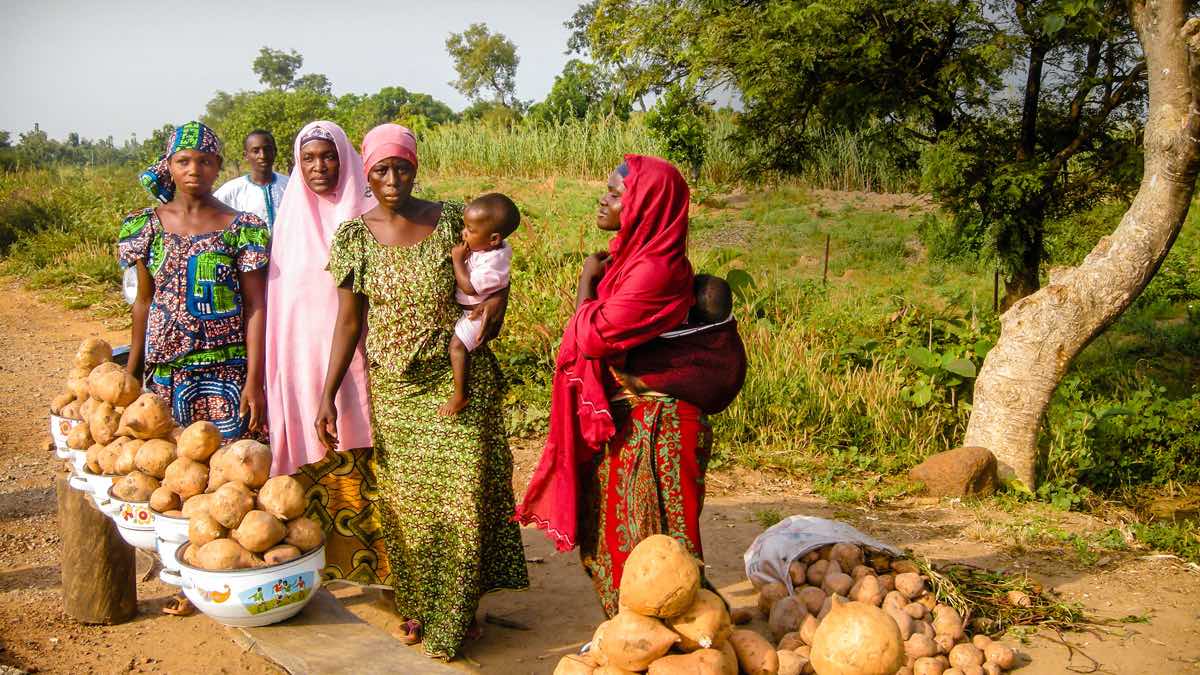The dramatic rise and volatility of food prices over the last year have shaken the global food system. Governments and the international development community generally have responded to various aspects of the food crisis, but questions remain about whether the right actions are being pursued, how best to respond, and what the future holds.
Three essays by Namanga Ngongi, president of the Alliance for a Green Revolution in Africa, Josette Sheeran, executive director of the World Food Programme, and Joachim von Braun, director general of the International Food Policy Research Institute, respond to these critical questions. They point to the dangers and pitfalls of misguided policies, but also to the very real opportunities for responding in a way that prevents future crises and assures food security now and in the long term.
From the Essays
“The world may be entering the third phase of this crisis…a nutritional crisis, which requires critical action for groups such as children under two years old, who will suffer deprivation for life.”
— Josette Sheeran, Executive Director, World Food Programme (WFP)
“With good agronomic practices and wise use of fertilizers and irrigation, the large-scale adoption of improved varieties should double or triple current yields [in Africa].”
— Namanga Ngongi, President, Alliance for a Green Revolution in Africa
“There is no doubt that the crisis in food and agriculture poses tremendous risks and hardships for poor people [but] it also has the potential to stimulate changes that will improve the functioning of the global food system for years to come.”
— Joachim von Braun, Director General, IFPRI
Download Essays
- Responding to the World Food Crisis: Getting on the Right Track Joachim von Braun
(PDF 192K) - High Global Food Prices: The Challenges and Opportunities Josette Sheeran
(PDF 187K) - Policy Implications of High Food Prices for Africa Namanga Ngongi
(PDF 210K) - Download all three essays as a single file(PDF 1.8M)







